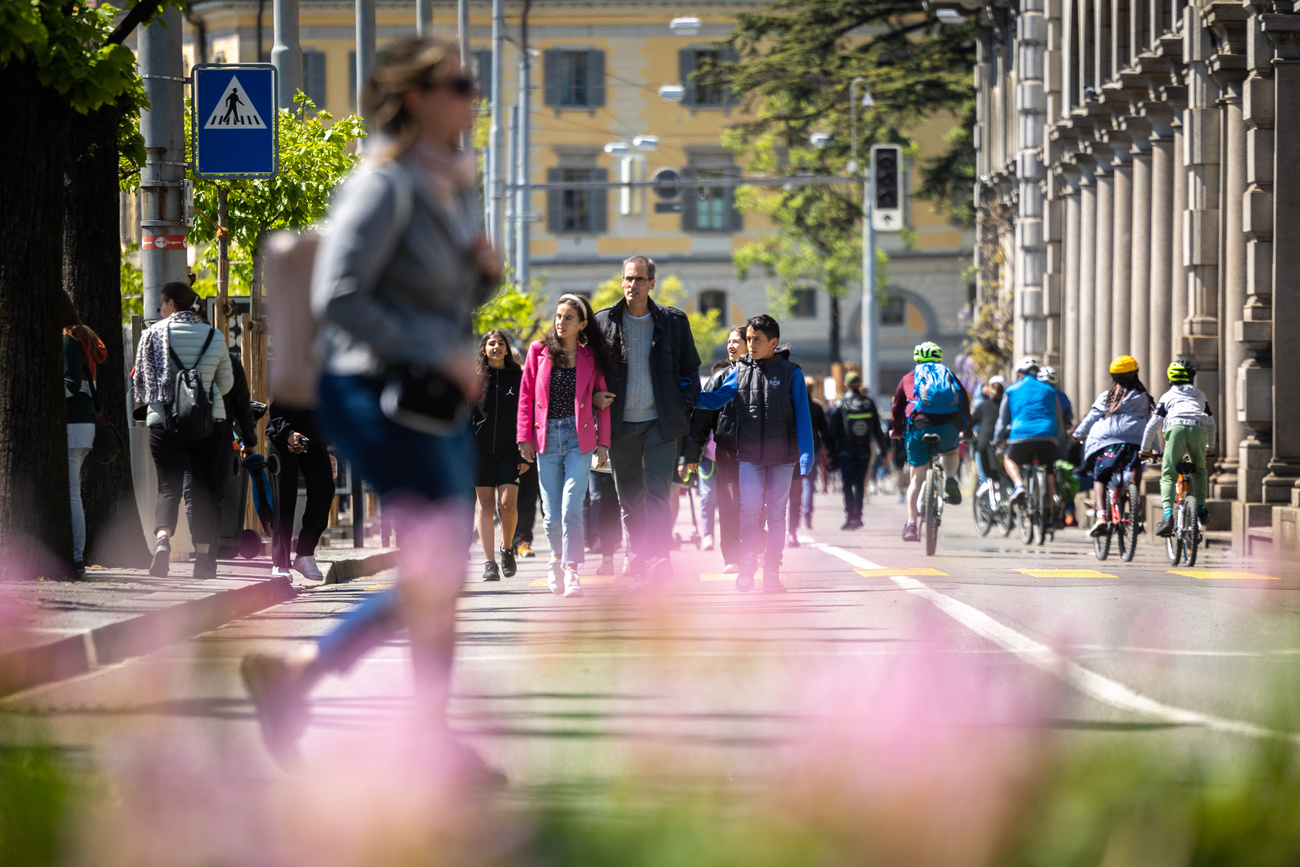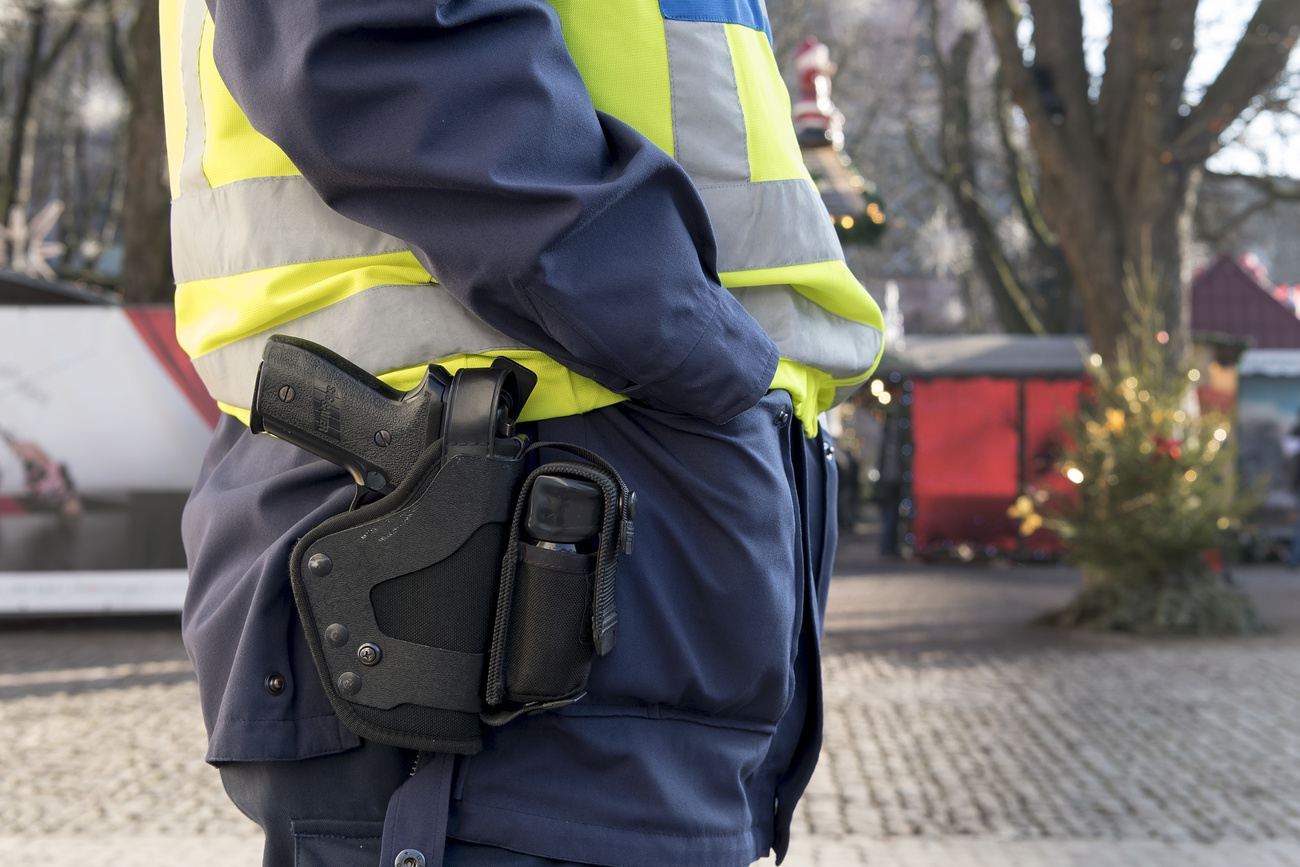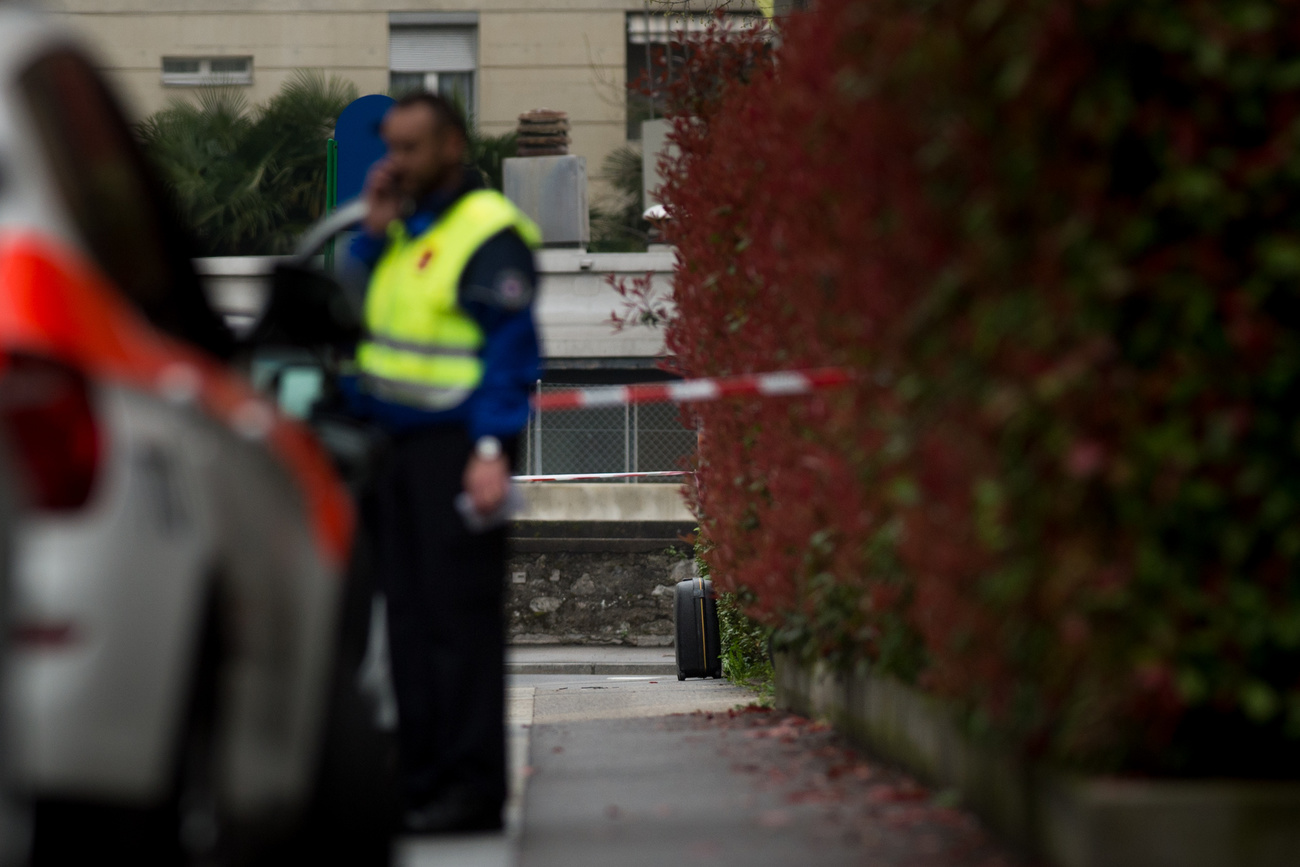Controversial anti-terrorism law wins voter approval

Voters have endorsed a series of measures allowing police to crack down on militant extremists and apply preventive detention methods, giving Switzerland one of the strictest anti-terrorism legislations in Europe .
Final results show the law winning nearly 57% of the vote in Sunday’s nationwide ballot.
Opponents didn’t succeed in showing the alleged weaknesses of the law according to political scientist Urs Bieri of the GfS Bern research institute. “Voters seem to have expressed their confidence in the government,” he told SRF public radio.
In a first reaction, opponents of the law, including human rights groups, have warned that it undermines the principle of the rule of law. They pledged to closely follow the implementation of the amended regulations.
Several legal experts in Switzerland and representatives of international organisations had warned of the risk of human rights violations and reputational damage for the country if the law passed.
Formal complaints by more than 500 citizens were also filed against allegedly misleading information published by the government in the run-up to the vote.
Security
Justice Minister Karin Keller-Sutter said the new measures, including restraining orders, travel bans and the duty of suspects to report regularly to the authorities, were necessary to prevent terrorist attacks.
“The law allows us to boost security in Switzerland, as the population rightly expects,” she told a news conference. “But the population also expects us to respect the personal freedom of citizens.”
Keller-Sutter repeatedly said the measures would be used as “a last resort” and could be contested in court.
The legal amendment is part of existing regulations for the authorities, including provisions in the Swiss criminal code, to combat extremism, according to the justice minister.
An alliance of four political partiesExternal link, mainly with left-wing or liberal leanings, as well as a non-partisan citizens groupExternal link collected enough signatures to try and veto the law, which was approved by parliament last year.
The legal amendment comes in the wake of several terrorist attacks in Europe since 2015 and is notably aimed at countering Islamist jihadists.
Two separate knife attacks in western and southern Switzerland last year attracted media attention and caused alarm about security standards.
Reducing fossil fuel emissions (CO2 law) 48.4% yes 51.6% no
‘Drinking water’ initiative 39.3% yes 60.7% no
‘Anti-pesticide’ initiative 39.4% yes 60.6% no
Preventing extremism (Anti-terrorism law) 56.6% yes 43.4% no
Government pandemic policy (Covid-19 law) 60.2% yes 39.8% no
Turnout: 59.7%
About 5.5 million Swiss citizens, including registered expat Swiss, were eligible to take part in the votes.
There were also additional ballots in 12 of the country’s 26 cantons and at local levels on June 13.

In compliance with the JTI standards
More: SWI swissinfo.ch certified by the Journalism Trust Initiative


















You can find an overview of ongoing debates with our journalists here . Please join us!
If you want to start a conversation about a topic raised in this article or want to report factual errors, email us at english@swissinfo.ch.